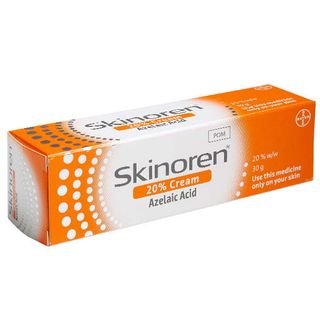
Acne
Living with acne can be hard. Not only can it cause discomfort and pain, it can also erode our self-confidence. We know having acne feels like a very personal experience. That’s because it is. But it's also so common that nowadays, there’s a wide range of very effective treatments. Combined with some simple dietary choices, you’ll be amazed at how quickly things can improve. Let’s get started in finding the best treatment for you.
Acne Treatments
- Best seller
 Skinoren 20% Cream For Acne Treatment£19.99
Skinoren 20% Cream For Acne Treatment£19.99 - Best seller
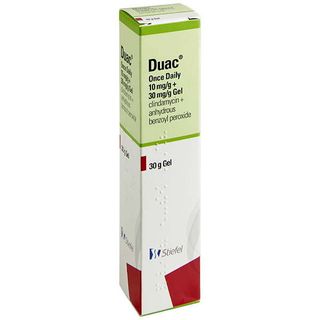
Duac Gel
Duac Gel (3% & 5%) - Effective Combination Acne Treatment£22.99 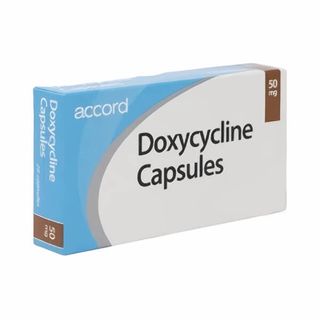
Doxycycline For Acne
Doxycycline For Acne - Effective Prescription Antibiotic Treatment£24.99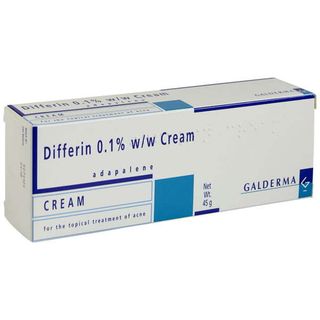
Differin
Differin 0.1% Cream/Gel£29.95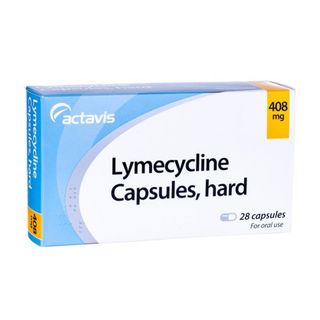
Lymecycline Capsules
Lymecycline Capsules£15.99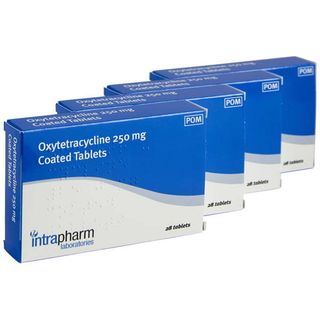
Oxytetracycline 250mg Tablets For Acne & Rosacea Treatment
Oxytetracycline 250mg Tablets For Acne & Rosacea Treatment£104.99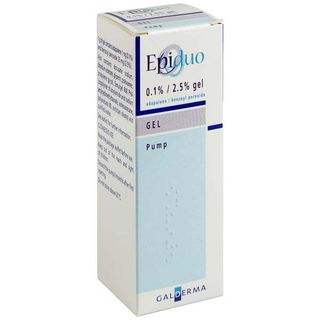
Epiduo
Epiduo & Epiduo Forte Gel£39.99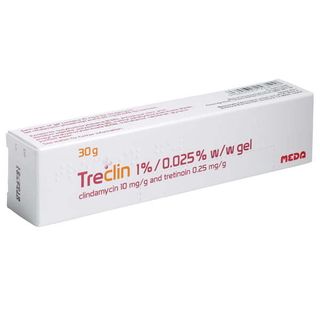
Treclin Gel For Effective Moderate Acne Treatment
Treclin Gel For Effective Moderate Acne Treatment£36.99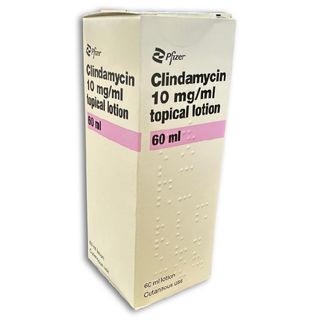
Clindamycin Lotion
Clindamycin Lotion (Generic Dalacin-T)£26.99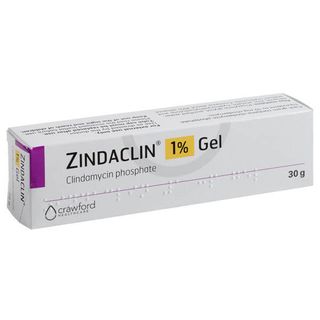
Zindaclin
Zindaclin 1% Gel£19.99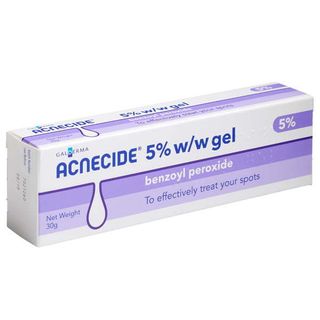
Acnecide
Acnecide Gel£9.99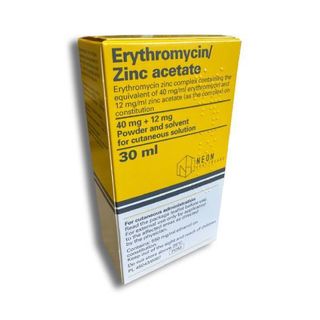
Erythromycin / Zinc Acetate Solution (Generic Zineryt)
Erythromycin / Zinc Acetate Solution (Generic Zineryt)£19.99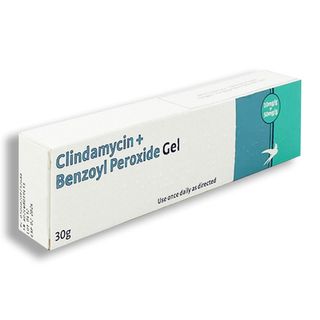
Clindamycin and Benzoyl Peroxide Gel (generic Duac)
Clindamycin and Benzoyl Peroxide Gel (generic Duac)£21.99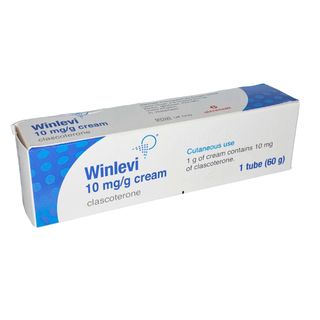
Winlevi 1% Cream
Winlevi 1% Cream - Acne Treatment£34.99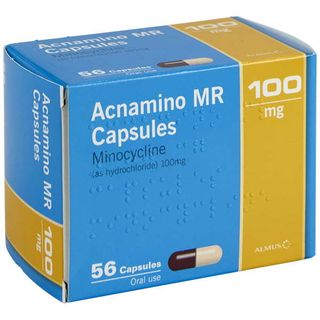
Minocycline
Minocycline 100mg MR Capsules£42.99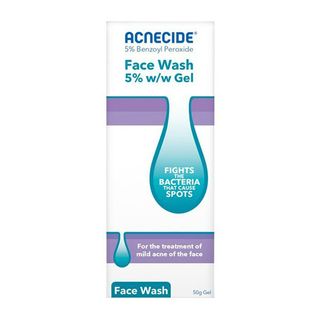
Acnecide Face Wash
Acnecide Face Wash£7.59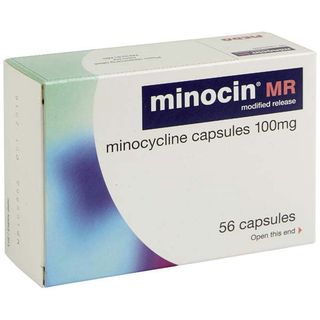
Minocin
Minocin 100mg MR Capsules£37.99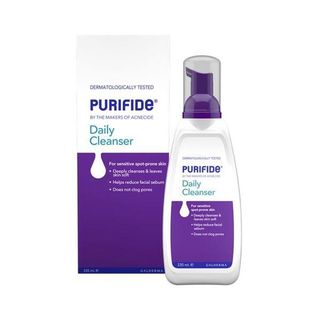
Purifide Daily Cleanser
Purifide Daily Cleanser£7.99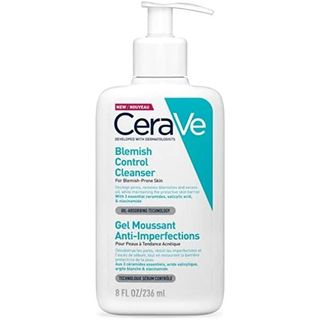
CeraVe Blemish Control Cleanser
CeraVe Blemish Control Cleanser£12.49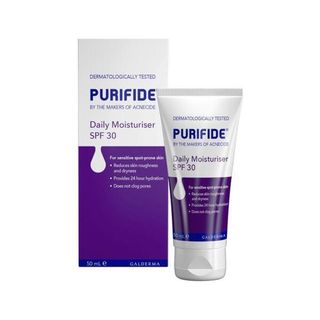
Purifide Moisturiser SPF30
Purifide Moisturiser SPF30£11.99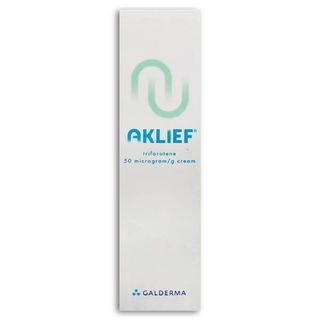
Aklief Cream
Aklief Cream£48.99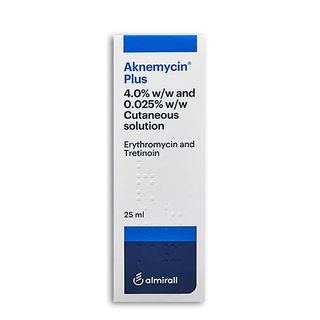
Aknemycin Plus
Aknemycin Plus Solution£17.99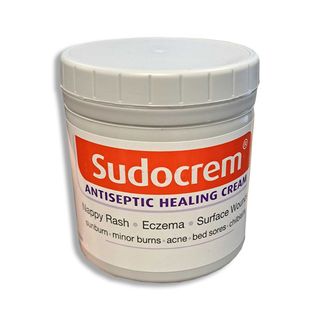
Sudocrem Nappy Rash Cream For Skin
Sudocrem£7.99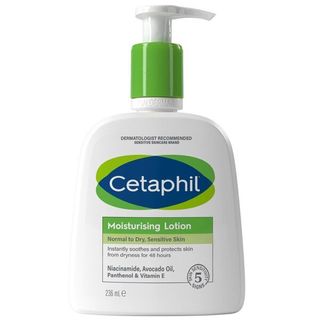
Cetaphil Moisturising Lotion
Cetaphil Moisturising Lotion£11.49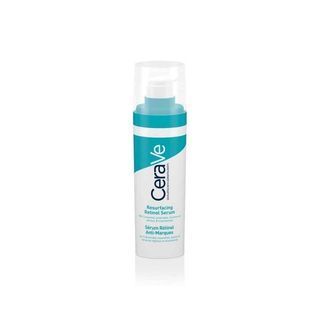
CeraVe Retinol Serum
CeraVe Resurfacing Retinol Serum£19.99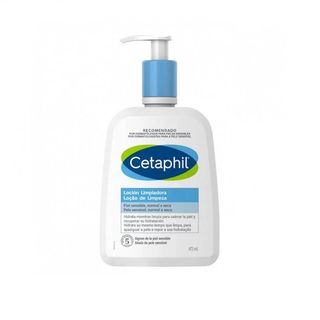
Cetaphil Gentle Skin Cleanser
Cetaphil Gentle Skin Cleanser£11.49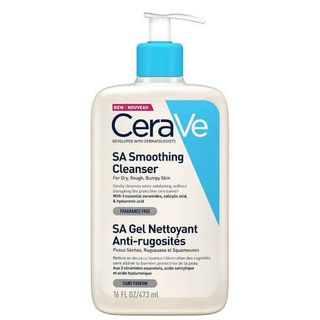
CeraVe SA Smoothing Cleanser
CeraVe SA Smoothing Cleanser£22.49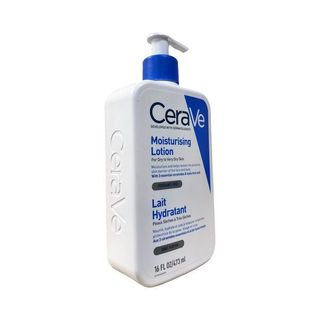
CeraVe Moisturising Lotion
CeraVe Moisturising Lotion£15.99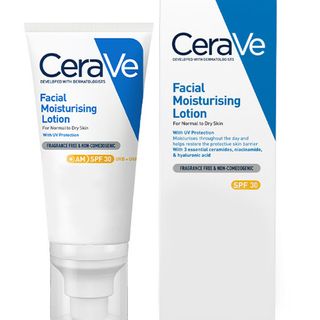
CeraVe AM Lotion
CeraVe AM Facial Moisturising Lotion£14.99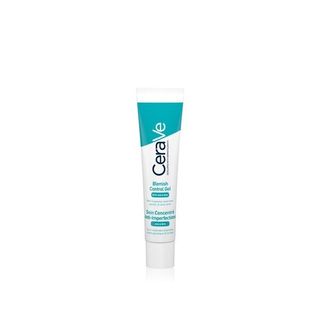
CeraVe Blemish Control Gel
CeraVe Blemish Control Gel£13.49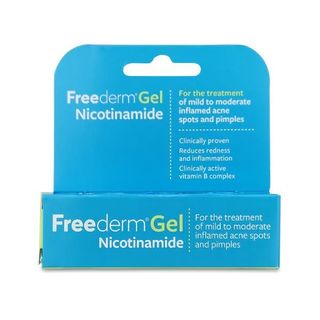
Freederm Gel (10g)
Freederm Gel (10g)£4.99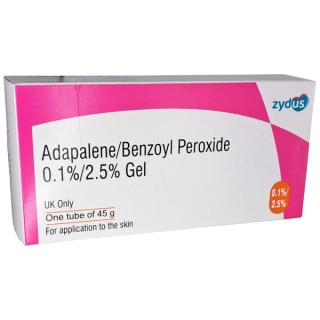
Adapalene & Benzoyl Peroxide Gel
Adapalene & Benzoyl Peroxide Gel£29.99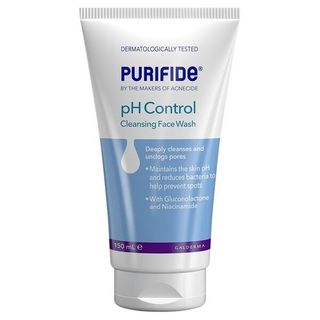
Purifide pH Control Cleansing Face Wash
Purifide pH Control Cleansing Face Wash£9.99- Out Of Stock
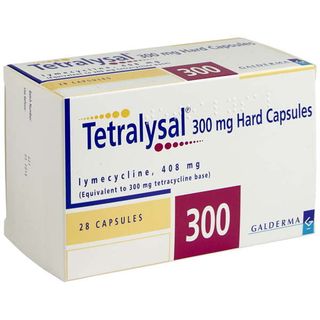
Tetralysal Capsules
Tetralysal (Lymecycline) 300mg Capsules£17.49 - Out Of Stock
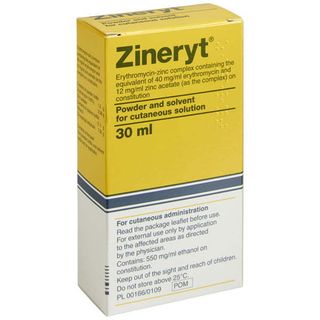
Zineryt Lotion
Zineryt Lotion£17.99 - Out Of Stock
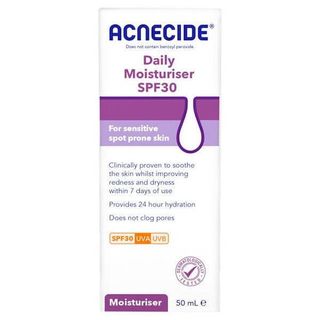
Acnecide Moisturiser
Acnecide Moisturiser SPF30
Start your assessment for Acne
Don't wait to get the medical help you need.
Once you complete a short online assessment about your condition, you will be able to select your preferred treatment and quantity from a list of appropriate options for you.
- Reviewed by our UK-based medical team
- Takes less than 3 minutes to complete
- Approved treatments dispatched same day (before 3pm)
Ordering as easy as 1, 2, 3
1. Find the ideal treatment
2. Get a free consultation
3. Enjoy speedy delivery
Advice for Acne
What causes acne?
Are you struggling with acne? Don’t suffer in silence – shop directly with the Independent Pharmacy online for the best medicine for pimples. Buy treatments at the lowest prices, with UK delivery.
Acne vulgaris is a skin disease that causes spots or pimples to develop on the skin. The types of spots can include blackheads, whiteheads, pus-filled pustules and cysts. The sufferer will usually find these spots develop primarily on the face, neck, chest, and back. Acne is a common skin complaint and will affect most of us at some point in our lives, usually during puberty.
Acne occurs when your skin begins to produce too much sebum. Sebum is an oily substance produced naturally in the skin that stops it from drying out. When too much sebum is produced, the excess mixes with dead skin cells and forms a plug. This plug blocks the tiny hair follicles found on the skin. These plugged follicles can produce blackheads or whiteheads, depending on whether the follicle is open or closed. Open follicles will create blackheads, and closed follicles will produce whiteheads. If these plugged follicles mix with naturally present bacteria, the contaminated follicle can become infected. This will cause papules, pustules, nodules or cysts to form.
Acne is usually triggered by changes in the body’s hormone levels. This is why acne is very prevalent amongst pubescent teenagers (around 80%), as the hormonal levels are in a constant state of flux. These hormonal fluctuations can result in the over-production of sebum, which is the main cause of acne. Other factors that can alter hormone levels and lead to acne include menstruation, pregnancy and periods of stress. It is also thought that acne runs in families, therefore if one or both of your parents suffered from acne then you are more likely to also experience it.
Acne is not caused by having a poor diet, being dirty or having poor hygiene, or sexual activity.
What are the symptoms of Acne?
The primary symptoms of acne are spots and oily skin. Acne, for almost everyone, will occur on the face and neck, with half of those sufferers presenting with acne on the back. It is estimated that only 15% of acne sufferers will experience symptoms on the chest. There are six main types of acne spots:
- Blackheads: The black or sometimes yellowish appearance of blackheads isn’t due to dirt but rather a pigmentation produced by the blocked hair follicle. They will present as small bumps on the skin
- Whiteheads: Are very similar to blackheads, however, they are firmer and will not empty when squeezed
- Papules: These are red bumps that can feel sore or tender to touch
- Pustules: These are similar to papules. However, they will have a white centre due to a build-up of puss
- Nodules: These are large, hard and sometimes painful lumps that develop beneath the skin’s surface
- Cysts resemble boils and are large pus-filled protrusions. This is the most severe spot caused by cystic acne and carries the greatest risk of permanent scarring.
How is Acne diagnosed?
Most cases of acne can be managed without the need to consult a doctor. As the symptoms of acne are generally easy to self-diagnose and are normally uncomplicated, treating acne yourself is a favourable option.
It is important to remember that even milder cases of acne can lead to emotional distress. If you are experiencing emotional distress from your acne or you’re finding treatment ineffective, then it is recommended to consult a GP. Should your acne present with cysts and/or deep nodules, it is also advised to consult a doctor, as these types of spots can potentially lead to permanent scarring if not managed correctly.
If you decide to see your doctor about acne, they will be able to perform a diagnosis through a simple visual examination. They will inspect the face, chest and back to identify the different types of spots present. From this examination, the doctor will be able to judge how severe your acne is. Identifying the severity of acne is important for determining the most appropriate treatment. The severity of acne can be classified thusly:
- Mild acne – Grade 1: mostly blackheads and whiteheads, perhaps with a few pustules and papules.
- Moderate acne – Grade 2: multiple pustules and papules, which will be confined mostly to the face.
- Moderate to severe acne – Grade 3: high numbers of pustules and papules affecting the face, back and chest. Grade 3 acne will also include the presence of inflamed nodules.
- Severe acne – Grade 4: high numbers of pustules and nodules that are both large and painful.
If you’re a woman and suddenly experience the development of acne as an adult, you should see your doctor. They may wish to perform an ultrasound or blood test, especially if other symptoms that suggest a hormonal imbalance are present. These symptoms may include irregular or lighter periods or an increase in the growth of body hair. All these symptoms could point towards polycystic ovary syndrome (PCOS), which is the most common cause of hormonal imbalance in women.
What are the best Acne treatments available?
If your acne is moderate to severe or widespread, then it may be deemed necessary to treat using prescription acne treatments, including:
- Topical retinoids (Differin, Isotrex)
- Oral antibiotics (Tetralysal/lymecycline, Oxytetracycline)
- Topical antibiotics (Dalacin-T, Zineryt, Zindaclin)
- Keratolytics (Purifide)
- Azelaic acid (Skinoren)
- Combination acne treatments (Duac Gel, Epiduo, Isotrexin, Treclin)
Topical retinoids work by reducing the amount of sebum produced while preventing dead skin cells from clogging up the hair follicles. An example of a topical retinoid is Adapalene, which is also known as Differin Cream 0.1%.
Oral antibiotics are usually used in combination with a topical cream treatment. They are usually reserved for more moderate to severe bouts of acne. In the majority of cases, the preferred choice is a class of antibiotic called Tetracyclines. An example of a tetracycline antibiotic is Tetralysal 300 Capsules, containing lymecycline. Tetracyclines, such as Tetralysal 300, work by killing the bacteria that cause acne.
Azelaic acid is usually used as an alternative treatment to benzoyl peroxide or a prescription retinoid cream if these have proved ineffective. It works in a similar way to benzoyl peroxide by increasing the turnover of skin cells, killing bacteria and eliminating the dead skin cells that can plug the hair follicles. An example of an Azelaic acid preparation is Skinoren 20% Cream.
You can also see a list of specifically over-the-counter acne treatments here.
All acne treatments need to be used regularly for a number of months to build up an effect and successfully treat acne.
Alternatives
Mild acne can be successfully managed without a prescription using topical acne medications available from pharmacies. These will usually include the ingredient Benzoyl Peroxide. Benzoyl Peroxide works by helping to prevent dead skin cells from clogging up the hair follicles. It also eliminates the bacteria responsible for causing infection to these plugged follicles. Benzoyl peroxide can be found in products like Acnecide Gel (benzoyl peroxide 5%) and is usually applied to the affected areas 20 minutes after washing with a mild soap or a gentle cleanser. But make sure it doesn't come into contact with hair or clothes as it can bleach your hair and coloured fabrics.
Anyone who has ever had acne dreads breakouts, and for good reason, too, because sometimes it takes weeks to clear up, not to mention the risk of scarring. Even if you've found an effective treatment for your acne, it is still important to take measures to prevent recurrence - with a few simple precautions, you may be able to fend off breakouts.
Acne can be very hard to prevent. Some inducing factors, such as puberty, can’t be helped. However, there are ways to reduce your risk of developing acne and for improving your symptoms if it’s unavoidable. These include:
- Wash using a mild soap or cleanser. Avoid using very hot or very cold water, as this can make acne worse. Avoid scrubbing harshly or using abrasive washcloths, as this can irritate the skin. Use a very soft cloth, rinse well with warm water, and pat dry using a clean towel.
- Don’t wash the affected area more than twice a day. Washing too frequently can irritate the skin and make the acne worse.
- Avoid touching your face. This can spread bacteria from the hands to the face.
- Avoid the temptation to pick at or squeeze your spots. This can lead to permanent scarring.
- Ensure hair is regularly washed and try not to let it fall across the face.
- Avoid using oils, fragrances, gels or pomades on your hair. If any of these products get onto your face, they can block pores and cause acne.
- Avoid using excessive amounts of cosmetics and makeup. Try to only use products labelled as ‘non-comedogenic’. Non-comedogenic products are water-based and are less likely to clog up the pores on your skin.
- Always remove makeup before going to bed.
- If your skin is dry and flaky, try using a fragrance-free water-based emollient.
For more details on how to prevent acne, see below:
Keep your hands off the face
Our hands may look very clean, but they carry all kinds of germs. They are constantly gathering dust and grime as we touch different surfaces, including our hair. They secrete quite a bit of sweat, too. Touching a clean mirror with your fingers should demonstrate it all too well. Unconsciously rubbing or scratching the skin may cause abrasions or even break a zit, which in turn will set off a reaction that may culminate in a full-blown breakout. Avoid touching the face except to gently wash it occasionally.
Wash your face frequently
Keeping the skin free of germs and dirt will reduce the chances of acne breakouts. You don’t have to use soap or other cleansing products every time. Deep cleaning once a day may be beneficial, but always apply a neutral moisturiser afterwards, as dry skin triggers excessive production of skin oils.
Follow a healthy diet
We are what we eat. Greasy and spicy food is thought to promote breakouts. Food allergies, however mild they may be, are also potential triggers. Dairy products, nuts, chocolate and soda are some of the common allergenic foods. So are alcohol and certain additives in fast foods. Eating plenty of fruits and vegetables will ensure healthy skin.
Stay hydrated
Drinking plenty of fluids is thought to reduce the risk of acne considerably. Besides flushing out toxins from the body, water can keep the skin moisturised from the inside.
Keep a tab on the products you use
Reduce your exposure to potential allergens by choosing everyday cleaning products like soaps, shampoos and detergents carefully. Note adverse reactions whenever you try a new product and check out the ingredients. Avoid other products that contain them.
Cut down on cosmetics use
These well-known culprits can trigger acne in several ways. They clog up the skin pores and literally suffocate the skin, creating an ideal environment for bacterial growth. Cosmetic products typically contain a number of chemicals, any of which can cause an allergic reaction. The very act of applying makeup can irritate sensitive skin.
If you find it hard to completely abstain from cosmetics, stick to specific products that you have personally found to be the least offensive. Leave the make-up on for the minimum amount of time. Never go to sleep with it. Avoid vigorous rubbing while applying and removing makeup.
Avoid stress
Most people experience breakouts during periods of stress. The hormonal changes could be the reason. Stress is part of life, but it is essential to keep the mind and body healthy through regular exercise and relaxation techniques. Get good sleep, too.
Sleep in clean beds
Since we spend one-third of our day in bed, sweat, dead skin cells, and dandruff accumulate in our bedding. They can irritate the skin and cause acne. Change pillowcases and bed covers every week.
What can I do to prevent Acne?
Anyone who has ever had acne dreads breakouts, and for good reason, too, because sometimes it takes weeks to clear up, not to mention the risk of scarring. An overnight cure does not exist. Even if you've found an effective treatment of acne, it is still important to take measures to prevent recurrence - with a few simple precautions, you may be able to fend off breakouts.
Acne can be very hard to prevent, and it’s best to keep a diary of your breakouts to help you get to the bottom of what is causing them. This may help you track if your acne is caused by a hormonal imbalance due to ovulation or periods for women. Some inducing factors, such as puberty, can’t be helped. However, there are ways to reduce your risk of developing acne and for improving your symptoms if it’s unavoidable. These include:
- Wash using a mild soap or cleanser. Avoid using very hot or very cold water, as this can make acne worse. Avoid scrubbing harshly or using abrasive washcloths, as this can irritate the skin. Use a very soft cloth, rinse well with warm water, and pat dry using a clean towel.
- Don’t wash the affected area more than twice a day. Washing too frequently can irritate it and make the acne worse.
- Avoid touching your face and jawline at all costs. This can spread bacteria from the hands to the face.
- Avoid the temptation to pick at or squeeze a blemish. This can lead to permanent scarring.
- Ensure hair is regularly washed and try not to let it fall across the face.
- Avoid using oils, fragrances, gels or pomades on your hair. If any of these products gets onto your face, they can block pores and cause acne.
- Some herbal treatments with natural antibacterial properties, such as tea tree oil, may be useful home treatments of acne.
- Avoid using excessive amounts of cosmetics and makeup. Try to only use products labelled as ‘non-comedogenic’. Non-comedogenic products are water-based and are less likely to clog-up the pores on your skin.
- Always remove makeup before going to bed.
- If your skin is dry and flaky, try using a fragrance-free water-based emollient.
For more details on how to prevent acne, see the 'Alternatives' tab.
Acne FAQs
What is Acne and what causes it?
Acne is caused by the production of excess sebum - the greasy substance that moisturises the hair follicle and the skin. Dead skin cells can mix with excess sebum and block the pores, causing spots. The normal bacteria that live on the surface of your skin can multiply inside the blocked pores, leading to pus-filled papules.
Acne mainly affects the face but can also affect the neck, back and chest. It is very common amongst teenagers and usually resolves by itself over a few years, however it can persist on into later life in a small minority of people. As acne is visible to others, it can be very distressing and have a negative impact on your quality of life.
What are the best ways to treat Acne?
Acne can be separated into 4 categories: minimal, mild, moderate & severe acne. The treatment that is most appropriate for your acne will vary depending on the severity of the acne.
Minimal & Mild Acne
Minimal acne is mainly greasy skin with a few black or whiteheads on the forehead, nose and/or chin. There may also be the occasional papule.
Treatment should be started with benzoyl peroxide, which can be bought over the counter. Panoxyl, Quinoderm or Acnecide all can be to prevent acne. They need to be used for a minimum of 6-8 weeks and for the full effect it can take 4-6 months of use.
If benzoyl peroxide has no effect after 6-8 weeks, or if you have many blackheads or whiteheads but they are not red and inflamed, then trying a prescription-strength retinoid would be useful. A product like Differin would be appropriate to start with.
An antibiotic preparation is recommended if you have angry red spots or papules rather than just whiteheads and blackheads. Antibiotics for acne can be topical (applied to the skin), for example or Dalacin T, or oral (taken by mouth), for example, Tetralysal (lymecycline).
Other effective adult acne treatments are combination products, which contain benzoyl peroxide and either an antibiotic or an effective retinoid, such as Duac gel (benzoyl peroxide 5% and clindamycin 1%) or Epiduo (benzoyl peroxide 2.5% and adapalene 0.1%).
Moderate Acne
When you have more than 30 spots, an oral antibiotic acne treatment is required. Antibiotics like lymecycline, erythromycin or minocycline should be considered for the greatest effect.
Severe Acne
If you have more than 125 spots, cysts, or any scarring, then it is recommended that you see a doctor in a face-to-face consultation. They may refer you to a specialist for further treatment.
What can make Acne worse?
- Squeezing and picking at the spots
- Not washing immediately after exercise
- Overwashing the skin and stripping it of protective natural oils
- Chemicals, grease and damp in your working environment
- Having menstrual periods
- Reactions to medicines
- Wearing too much make-up
I am using a topical Acne application but it doesnt seem to stop new spots from appearing. Why is it not working?
Firstly, you should ensure that you treat the whole area where the acne occurs, not just the spots themselves. Secondly, it can take approximately 4 months for acne treatments to be fully effective so you may not see see immediate improvement in your condition, especially within the first 4 weeks.
Topical treatment is preventative in that it helps to stop lesions from developing rather than getting rid of the spots you already have. You should treat the whole acne-prone area, not just individual spots, to get the most out of your treatment.
What else can I do other than use medicines to improve my Acne?
Wash twice daily with a mild cleanser – but do NOT use a skin exfoliator as this may cause further skin irritation. Keep hair clean and off your face, and do not pick at the pimples. Avoid extreme cold and heat. Do not use lots of make-up, especially oily foundations, which may worsen the pimples. As with everything, a healthy lifestyle is important; make sure that you eat well and drink plenty of water.
How can I prevent my Acne from scarring?
Popping, picking or squeezing spots can cause scarring. Prevention is better than cure, so treat spots early. You can use Bio Oil, Kelo-Cote or Cica-Care on scars to help them fade and lessen their appearance. Some markings will also fade with time.
Can Acne scars ever be removed?
Unfortunately, scars or marks can sometimes be caused by acne, especially if spots or pimples are picked or squeezed. The scars sometimes caused by acne can be removed by dermabrasion or laser treatment, which are treatments that are carried out by a dermatologist or a plastic surgeon. For less serious scars and marks caused by acne you may wish to try Bio-Oil, it has been shown to be highly effective in improving the appearance of scars and marks.
I wash my face religiously but my Acne is not getting any better. Why?
Acne isn't caused by dirt, and excessive washing will strip natural oils from your skin. This causes your skin to dry out as the natural oils help to protect your skin from moisture loss. As a result, your skin will overcompensate and produce more oil, eventually leading to clogged pores and acne. Excessive washing may also irritate your skin.
You should wash your face once daily using a mild soap or cleanser with warm, not hot, water.
I have just been on holiday, and my acne has gotten better. Shall I start using a sunbed to improve my acne?
Acne is caused by blocked pores becoming aggravated by bacteria found naturally on the surface of the skin. In warmer climates where sunlight is stronger, the light can kill off the acne bacteria and improve your complexion.
UV light was used to treat acne but this practice has reduced due the worries over skin cancer. It would, therefore, not be advisable to use sunbeds as a method to treat acne.
Some acne preparations, like Differin and Epiduo, make your skin more sensitive to light. During treatment, exposure to strong sunlight should be avoided to prevent burning and skin damage.
I have been told to stop smoking. Will this help my Acne?
Stopping smoking has many health benefits. As well as improving our breathing, lowering your heart risk and improving your senses of taste and smell, it will also help to improve your complexion because nicotine promotes the production of white and blackheads.
Is it safe to purchase acne antibiotics & creams online?
Yes, as long as you are buying from a website that is a legally operating and regulated pharmacy, it is perfectly safe to buy acne antibiotics or effective acne cream prescriptions online. The Independent Pharmacy is an NHS Online Pharmacy based in Bristol and has all the necessary regulations to be able to safely provide convenient access to genuine prescriptions for acne treatments through our Online Pharmacy.
Should I squeeze my spots?
You should not squeeze spots as this can cause scarring and will not guarantee that your acne will clear up any faster. Although it may be tempting, you should not squeeze your spots!
Does Acne run in the family?
Like many medical conditions, acne can run in families. If your parents had acne, it increases the chance that you will. However, acne also occurs sporadically for no obvious reason, usually around puberty.
Can eating certain foods, like chocolate, give you Acne?
There is still no definite answer to this question. The original studies were done in the 1960s and compared patients to those eating sugar sweets. However, they didn’t compare high-GI foods to lower ones. There is mounting evidence to suggest that a lower GI diet has acne benefits.
This is further supported by the reduced occurrence/lack of acne in teenagers in non-developed countries. A low GI and high protein diet has been shown to be beneficial to acne sufferers as they have fewer incidents of outbursts.
Can contraceptive pills cause acne?
There are some links between the hormonal changes caused by oral contraceptive pills and acne vulgaris. If you feel that your birth control pill is negatively affecting your skin, it may be time to try a different type of pill or undergo treatment to combat acne that is moderate to severe.
If you are considering a different pill, then we recommend you speak to your doctor first.
What is the best way to remove blackheads?
It is not advisable to pick at your skin, as it can lead to scarring. However, if you have high numbers of blackheads, you may wish to take action to keep them under control. Blackhead removal treatments vary from simple clay masks to microdermabrasion to remove dead skin cells and improve the surface of the skin.
Can Acne be caught from close contact, kissing or touching?
You cannot transmit acne from one person to another. Although the redness associated with acne is caused by bacteria, it's naturally present on everyone’s skin.
Can Acne persist into adult life?
Acne is most common in teenagers around the age of puberty due to hormonal changes. However it can also be caused by the different stages of the menstrual cycle, polycystic ovary syndrome, pregnancy and for some women acne can continue after having a baby. . For this reason, acne is more common in women. Acne can also be a side effect of taking certain medicines like steroids, lithium or Cyclosporin.
No matter when you get acne, in yours teens through to your 30’s, the treatment regime is exactly the same and it is treated depending on the severity.